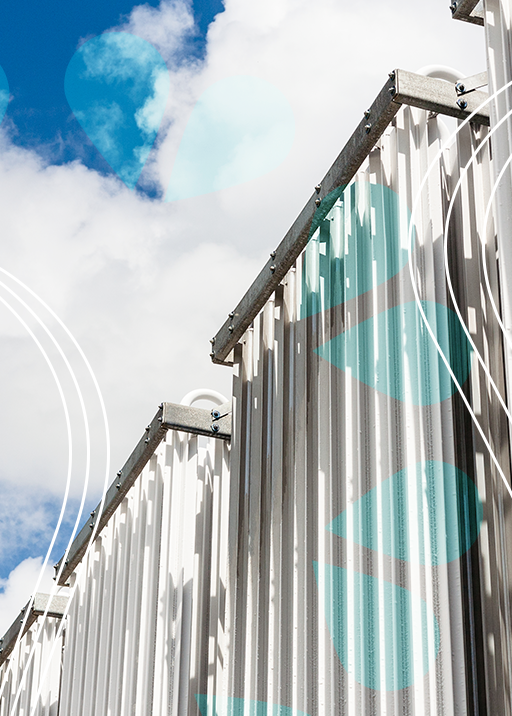Creating partnerships with a variety of organizations, including research institutions and other non-profit organizations, to catalyze carbon capture, utilization, and storage (CCUS) programs of high impact.

Accelerate Net-Zero.
We work with partners around the world to address critical paths for CCUS deployment: enable policies and regulations; make CCUS financeable; improve availability and understanding of data & analyses; and advance conceptual design in hard-to-abate sectors, transport, and countries and industries with high emissions.
Build Global Capacity.
We target geographies that are important to CCUS but require foundational support to build capacity, and work with key government and non-government institutions within these regions.
These geographies include, but are not limited to, China, Southeast Asia, the Middle East, Africa, and India.
Promote Community Engagement.
Our programs address the needs and priorities of communities and regions, including those that are most vulnerable to climate change’s environmental, social, and economic impacts and the effects of industrial activity on local air and water quality.
Create Breakthrough Impact.
We catalyze activities in hard-to-abate sectors such as cement, steel, pulp and paper, and projects in which think tanks and/or NGOs collaborate with key global industry organizations and/or research organizations with complementary skill sets.
Programs of Work
The Global CCS Foundation serves as a unique worldwide philanthropic platform dedicated to addressing the climate crisis through carbon capture, utilization, and storage (CCUS). The Foundation will act as a funding and project hub and springboard for addressing urgent needs associated with CCUS deployment that are currently unmet by existing government and private sector efforts. Complementary programs led by civil society will provide significant public good including helping to address technical questions and concerns; synthesizing highly technical information and making it publicly accessible; addressing cross-cutting needs and opportunities that no single entity is responsible for; expanding CCUS knowledge in key sectors and with decisionmakers; and targeting priority topics and/or countries that might otherwise lack the necessary resources to achieve climate and energy goals. We focus on a range of technologies that aim to capture, transport, and permanently store carbon emissions, including carbon capture from “point” source emitters or carbon removal directly from the atmosphere.
More Information

About Us
We’re on a mission to accelerate the deployment of carbon capture and storage through partnerships and high-impact programs.

Leadership and Board
Behind the Global CCS Foundation is a team of professionals spanning the energy, environmental, and climate sectors who are dedicated to tackling climate change.

Supporters
Join us in working to end the climate crisis. Learn how you can help advance climate solutions across the globe.
